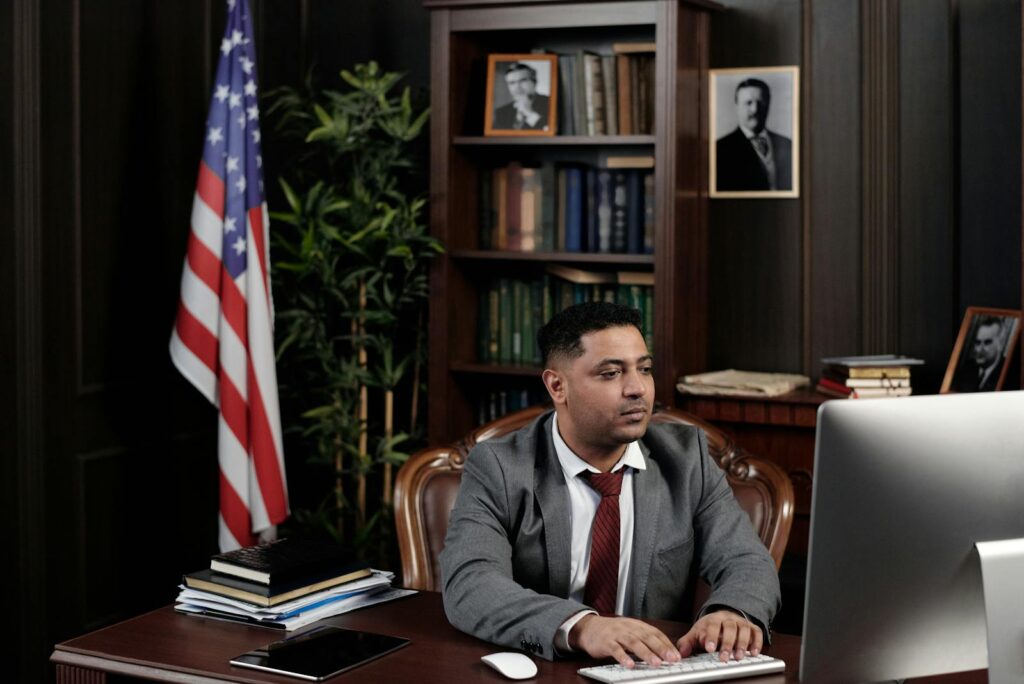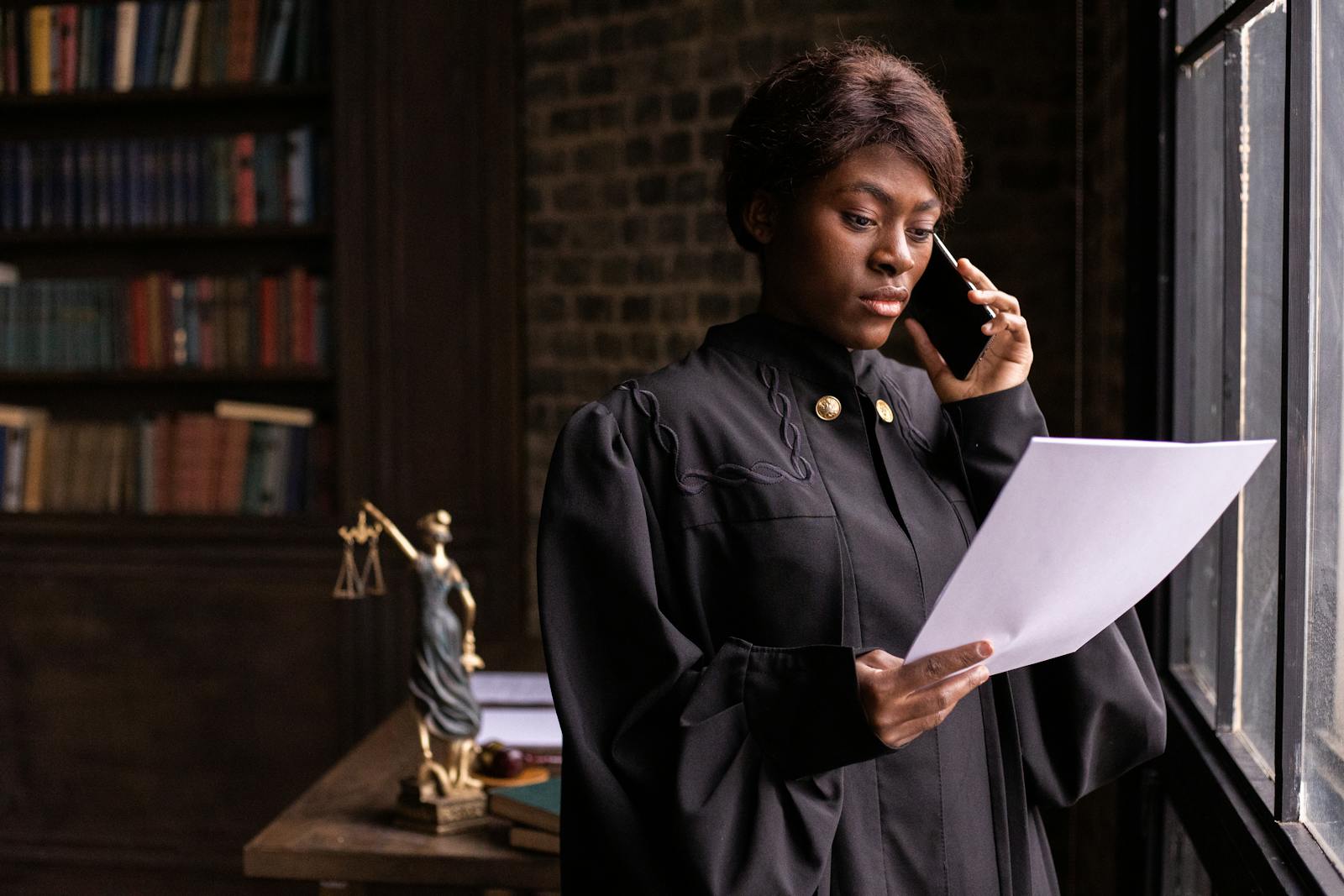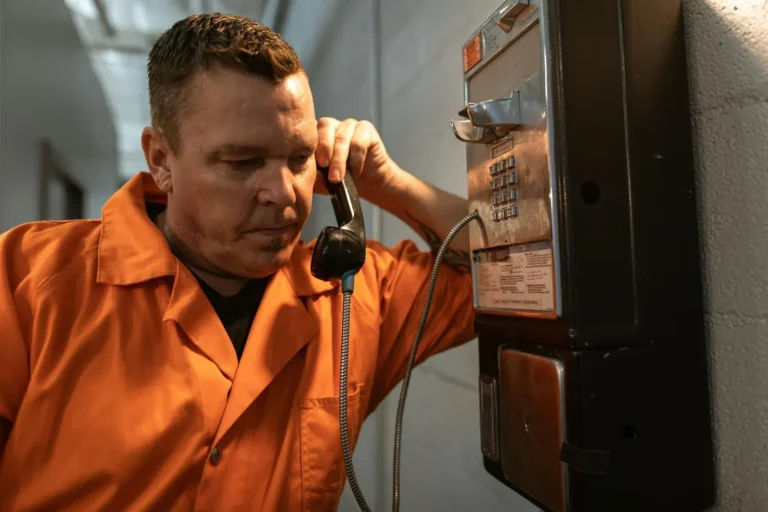Defendant Presence in Civil Cases: Explained
At ReedsAndReeds, we understand that navigating a civil case can be confusing, especially when it comes to questions about attendance. Have you ever wondered if a defendant must be present in court for a civil matter? You might be surprised to learn that the answer isn’t always straightforward. In this brief and simple guide, we’ll break down what you need to know about a defendant’s presence in a civil case, and why it matters, especially in divorce proceedings.
As stated in the Federal Rules of Civil Procedure, a defendant does not need to be present in a civil case. The case can proceed even if the defendant is absent. However, not showing up might lead to a default judgment against the defendant.
Introduction to Civil Cases
Civil cases resolve non-criminal disputes, such as property disagreements or contract breaches, between individuals or entities.
To outline briefly, civil cases deal with various issues like contract problems, property arguments, personal injury claims, and family law matters.
In civil cases, one person (the plaintiff) files a case against another person (the defendant) to seek compensation or another legal solution. This is different from criminal cases, where the government charges someone for breaking the law.
For the plaintiff to win, they need to show that it’s more likely than not that their claims are true. If you think about it, this standard is easier to meet than the beyond a reasonable doubt required in criminal cases.
Civil cases usually go through several steps, such as filing a complaint, notifying the defendant, gathering evidence, and possibly going to trial if they can’t settle the dispute.
The result of a civil case might be the defendant paying money to the plaintiff or being ordered to do something specific, or both.
In general, civil cases are important for solving legal disputes and helping people seek justice and protect their rights through the legal system.
Defendant’s Presence Requirement
The defendant’s presence requirement mandates that the accused must be physically present in the courtroom during certain legal proceedings.
You know, this rule makes sure the defendant can help in their own defense, face those who testify against them, and have a fair trial. Having the defendant in the courtroom also lets the judge see how they act and judge their honesty.
In general, however, there are times when the defendant doesn’t have to be there, like if they agree not to be or if they’re being disruptive.
Exceptions to Presence Rule
Like I said before, exceptions to the presence rule encompass scenarios like illness, disability, or severe weather where physical attendance is impossible.
By and large, sometimes emergencies or unexpected events can make it necessary to break the presence rule.
To put it briefly, in certain situations, people may be allowed to skip the requirement to be present because of special circumstances.
It’s important to look at each case individually to decide if an exception should be made.
Consequences of Absence
As I mentioned previously absenteeism can disrupt productivity, morale, and overall team dynamics.
Typically when someone is absent in personal relationships, it can make people feel lonely and disconnected. Both the absent person and those left behind might worry about each other.
In work or school, being absent can mean missing chances to work together and get things done. Others might have to take on extra work, which can cause frustration and hurt teamwork.
Primarily for personal growth, being absent can stop people from getting important experiences and learning new things. This can slow down their progress in life. Being gone for a long time can also mean losing skills and knowledge, making it hard to get back into work or school.
Rights of the Defendant

Reflecting on earlier sections, the right to remain silent protects defendants from self-incrimination, ensuring a fair legal process.
All in all, these rights include being considered innocent until proven guilty, having a fair and open trial, staying silent, knowing the charges against you, having a lawyer, questioning witnesses, and appealing a conviction. These rights are part of the constitution to protect people from government misuse of power.
You know, it’s very important to respect these rights to keep our justice system fair and avoid wrongful convictions. Ignoring these rights can lead to serious mistakes in judgment and harm the person involved. That’s why it’s so important to follow these rights at every step of the legal process.
In the End
Emphasizing our past talks, in conclusion, while it is not always required for a defendant to be physically present in a civil case, their representation through legal counsel is very important.
What ReedsAndReeds is backing the decision to is, the defendant’s absence can have serious consequences on the outcome of the case, including judgments being made against them in their absence.
Ultimately, active participation in the proceedings is in the best interest of the defendant in a civil case.







